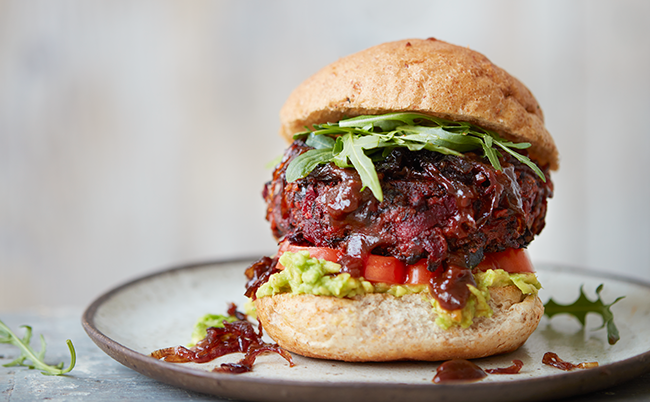The FAIR Labels Act of 2024: Beef Industry Wants Alt Meats Labeled as “Imitation” to Eliminate “Deceptive” Practices – vegconomist

The National Cattlemen’s Beef Association (NCBA) has endorsed the Fair and Accurate Ingredient Representation on Labels Act of 2024 (FAIR Labels Act), a bipartisan bill initiated by five US congressmen, led by US Senator Roger Marshall. This proposed legislation aims to eliminate what it calls “deceptive labeling practices” on alternative meat products so that consumers are fully aware of the nature of the products they purchase.
“We’re not afraid of a little competition, but it is unfair for […] fake meat products to trade on beef’s good name”
NCBA President Todd Wilkinson showed support for the act and spoke to the need for clear differentiation between traditional and lab-grown or plant-based products.
Beef’s “good” name
In a press release this Tuesday, Wilkinson stated, “America’s farmers and ranchers work hard every day to bring a high-quality, wholesome product to market. We’re not afraid of a little competition, but it is unfair for lab-grown or plant-based fake meat products to trade on beef’s good name.”
The FAIR Labels Act specifically targets the labeling of plant-based and cell-cultured meat products. It mandates that plant-based products resembling meat or poultry must be labeled as “imitation,” while products developed from cell cultures require labels like “cell-cultured” or “lab-grown.” This act also maintains the shared regulatory responsibilities of the FDA and USDA, with the latter being in charge of ensuring products are accurately labeled.

Ongoing debates
The proposed legislation is the latest in ongoing debates about the place of lab-grown products in the food industry. Only a few days ago, US senators proposed a ban on cell-cultivated meat in the National School Lunch Program (NSLP) and the School Breakfast Program (SBP). Similar proposed bans on the production and sale of cultivated meat in Florida and Arizona also aim to slow the momentum of industry growth in the United States.
However, the push against cultivated meat is increasingly countered by voices from within the cell-cultured space. Rich Dillion, CEO of Ivy Farms Technologies, here discussed with vegconomist the role of cultivated meat in enhancing food security and sustainability, citing the environmental impact of traditional animal agriculture. Additionally, SCiFi Foods has partnered with Ohio State University to conduct a Life Cycle Assessment (LCA) of cultivated beef, demonstrating its climate benefits compared to traditional beef.
Much of the anti-narrative around cultivated meat is based on misinformation about safety and regulations, with critics claiming that the safety of these products is untested. However, industry experts argue otherwise. Alex Holst, senior policy manager at the Good Food Institute (GFI) Europe, says this type of misinformation undermines world-leading regulatory systems.
Novel foods undergo rigorous approval processes
In the US, multiple cultivated meat companies have received FDA and USDA approval, along with being granted Generally Recognized as Safe (GRAS) status after a rigorous approval process to ensure its safety. Eric Schulze, VP of Regulatory and Public Policy at UPSIDE Foods stated, “FDA sets the standard for global acceptance of new food innovations, and we are incredibly grateful for the agency’s rigorous and thoughtful process to ensure the safety of our food supply.”
According to NCBA’s Director of Animal Health and Food Safety Policy, Rebecca Barnett, the FAIR Labels Act is critical in educating consumers about the differences between lab-grown or plant-based products and traditional beef. She concluded, “Lab-grown products are an emerging technology, and the FAIR Labels Act is an important first step for making sure consumers understand the difference between lab-grown or plant-based products and real beef raised by farmers and ranchers.”
For further information, the full text of the FAIR Labels Act can be found here.




